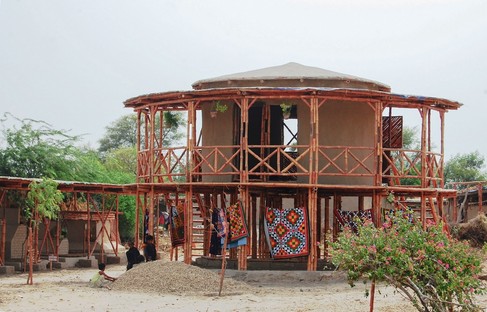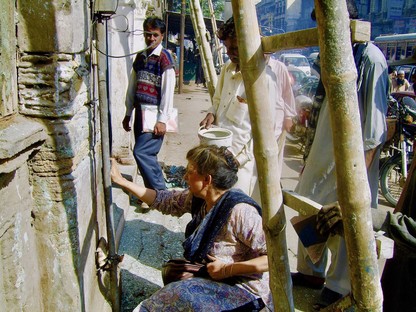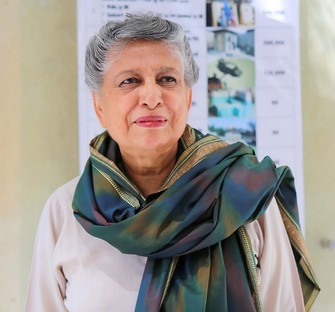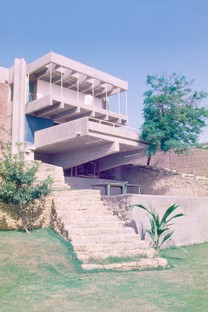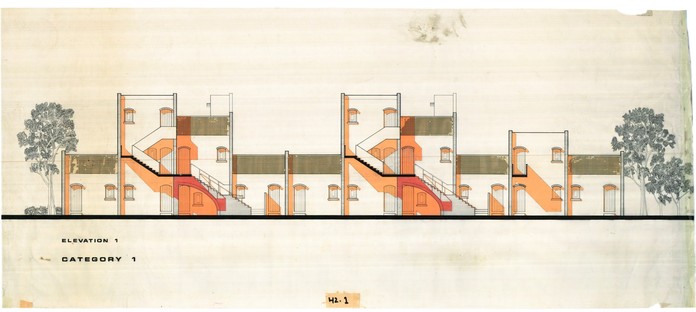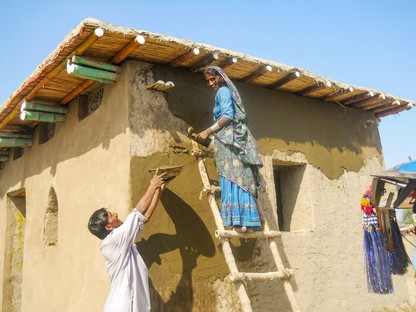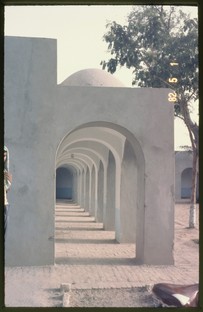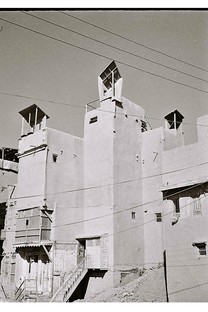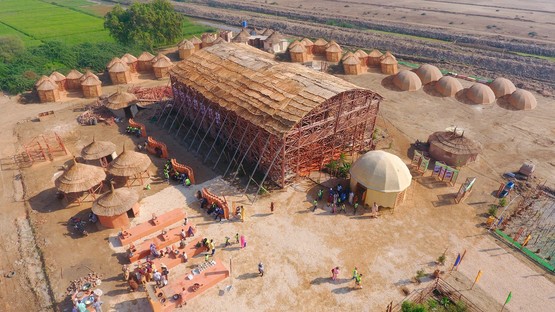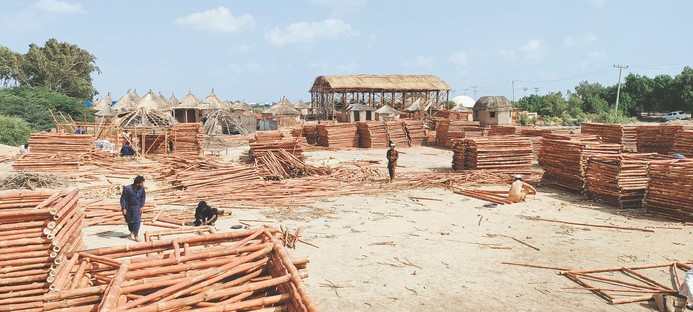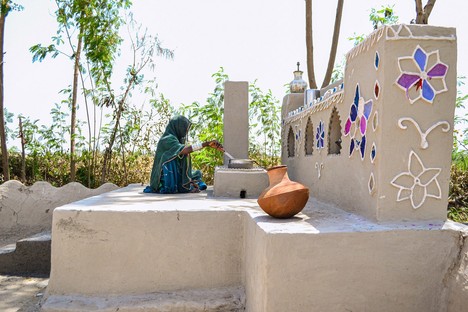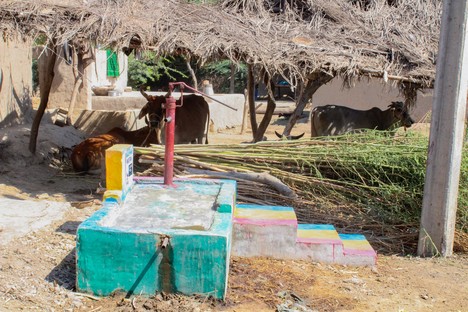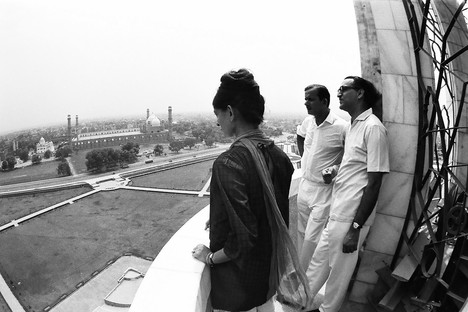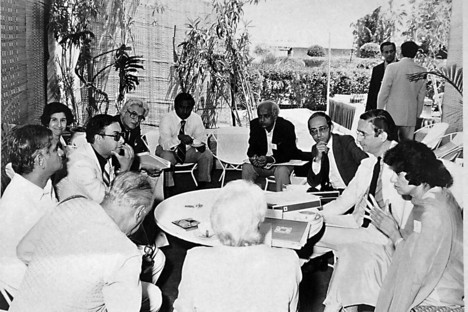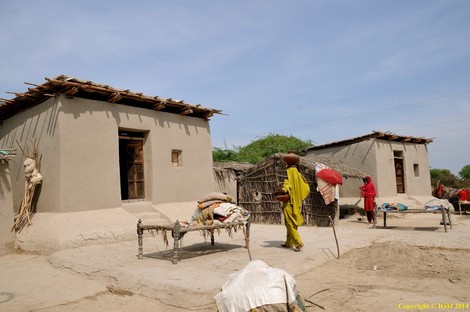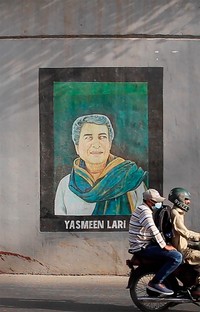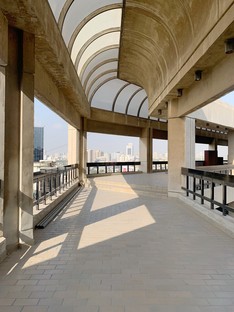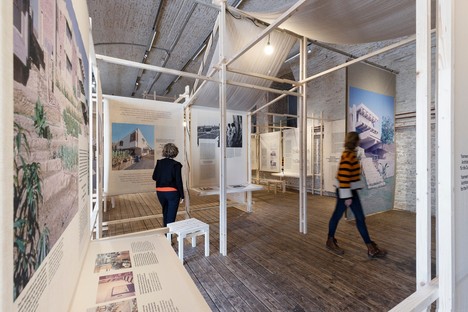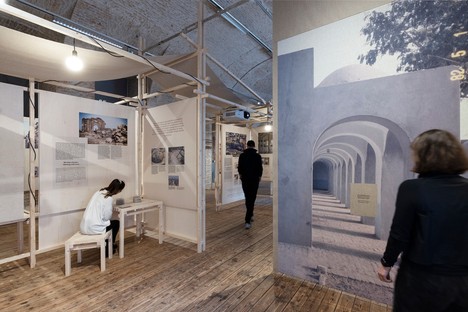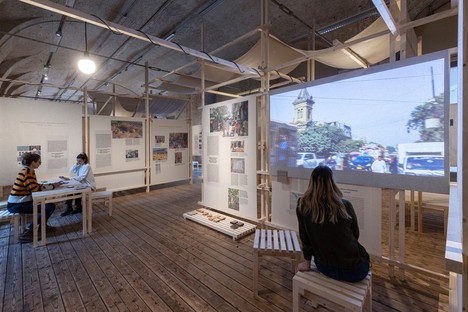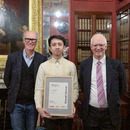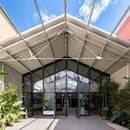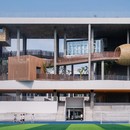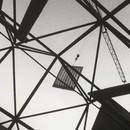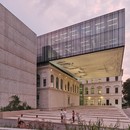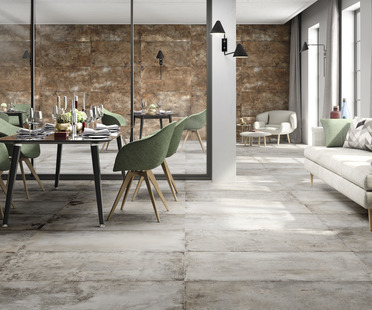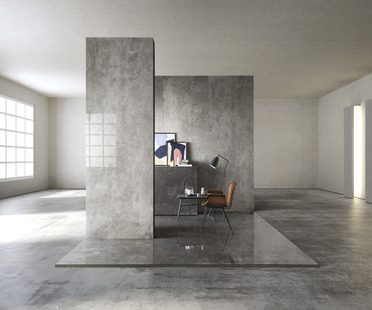13-03-2023
Architecture and the climate crisis, Yasmeen Lari's works and commitment on display in Vienna
Yasmeen Lari,
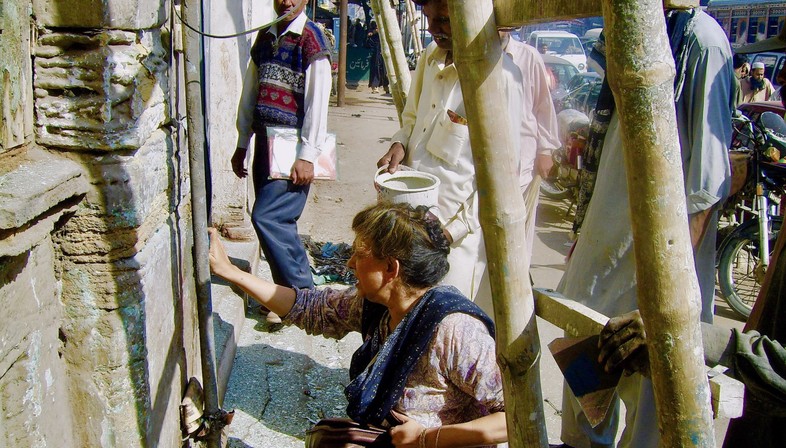
On the occasion of International Women's Rights Day, the Architekturzentrum in Vienna inaugurated a monographic exhibition dedicated to Pakistan's first female architect Yasmeen Lari and her vision of architecture for the future.
Her long professional career, spanning from the 1960s to today, becomes paradigmatic for exploring precisely how the relationship between architecture and the future has changed."We must tread lightly on the planet", the architect, now in her 80s, insists. The "Yasmeen Lari, Architecture for the Future" exhibition thus allows us to start from her work, questioning what answers architecture is able to provide today to the climate crisis, how can it work on social and ecological justice at the same time and, finally, "how radical does the building turnaround have to be so that we still have a future?". Indeed, the answers lie in a different conception of architecture based on caring for people and nature, building differently using low-carbon materials, favouring adaptive reuse to new construction and resorting to the adoption of circular economy practices.
Born in 1941, when Pakistan was still a British dominion, architect Yasmeen Lari studied in England and, in 1964, was the first woman to open her own architectural practice in her homeland. In addition to her first works – a housing complex in Lahore, the Pakistan State Oil headquarters in Karachi and her own house, an iconic Brutalist building that brought her international fame – the architect soon took a keen interest in the study of local building traditions. Together with her husband, Suhail Zaheer Lari, she founded the Heritage Foundation of Pakistan to study and help preserve her country's built heritage and local building traditions. A commitment that, since 2005, has been transformed into activism for decarbonisation. Yasmeen Lari, in fact, is the founder of a self-build movement of zero-emission buildings for refugees and those forced to migrate due to climate emergencies.
From the first buildings made of concrete, glass and steel, to the current self-building movement solutions made with mud, bamboo and lime, a sense of continuity becomes apparent in Yasmeen Lari's work: the attention to the needs of people, especially those with low-incomes and marginalised, to which the architect has also added concern for nature and the environment. Her concept of treading lightly on the planet is, in fact, a concrete proposal based on a programme of self-building with traditional technologies and local materials, which attaches great importance to working with women.
(Agnese Bifulco)
Images courtesy of Architekturzentrum Wien and Archive Yasmeen Lari
Exhibition title: Yasmeen Lari. Architecture for the Future
Dates: March 9 – August 16, 2023
Location: Exhibition Hall 2, Architekturzentrum Wien https://www.azw.at/
Curators: Angelika Fitz, Elke Krasny, and Marvi Mazhar
Scenography: Alexandra Maringer
Exhibition Graphics: Alexander Ach Schuh
Captions and Credits
01-15 : Archive Yasmeen Lari
01 The Green Women’s Centre made of prefabricated bamboo modules on stilts serves as a meeting place for women and a shelter in the event of flooding.
02 Yasmeen Lari at the rescue, initiated by her, of Denso Hall, which was built as a library by the British in Karachi in 1881. Historic preservation is ecologically sustainable and preserves the memory of a multidimensional past.
03 Portrait of Yasmeen Lari, first woman architect in Pakistan.
04 Yasmeen Lari as an icon of modernism: residence in Karachi 1973
05 Elevation of Angoori Bagh, Social Housing, Architect: Yasmeen Lari, Lahore, Pakistan, 1975
06 Self-built, zero carbon, and flood-resistant houses, Sindh Province, Pakistan; tens of thousands have already been implemented.
07 Army Mud Barracks, Architect: Yasmeen Lari, Bahawalpur, Pakistan, 1981.
08 Yasmeen Lari finds inspiration in traditional building techniques adapted to the local climate, here wind-catcher houses in Thatta, Pakistan.
09 Zero Carbon Cultural Centre in Makli, Pakistan, serves as training camp and test site for Yasmeen Lari’s zero carbon architecture, since 2016.
10 During the catastrophic floods of summer 2022 in Pakistan, bamboo modules were being prefabricated at the Zero Carbon Cultural Centre in Makli.
11 Yasmeen Lari developed the smokeless Pakistan Chulah (Pakistani stove), which consumes only half the fuel. The Pakistan Chulahs can be built by the families themselves from the local materials of mud and lime under the guidance of the “Chulah Adhis” (Stove Sisters), who received training from the Heritage Foundation. 70,000 Pakistan Chulahs (smokeless stoves) have been built and individually decorated in recent years.
12 Wells are built on elevated platforms to provide clean water during floods.
13 Yasmeen Lari (pictured in foreground) with her father Zafarul Ahsan (pictured in back), who played an important role in the development of the young Pakistani state, 1965.
14 Yasmeen Lari with the Aga Khan Group in Karachi, including Mona Serageldin, professor of architecture at the Cairo University and Harvard University, and Charles Correa, 1982.
15 The clay and bamboo buildings have proven extremely robust.
16 Mural with the portrait of Yasmeen Lari in an underpass in Karachi, Pakistan. Video still: Imran Gill, 2022
17 Skywalk FTC – Finance and Trade Centre. The open-air corridors connect different parts of the structured building complex and invite to stroll. Architect: Yasmeen Lari, Karachi, Pakistan, 1982–89. Photo by Marvi Mazhar, 2022
18-20 Exhibition "Yasmeen Lari. Architecture for the Future" - photograph: Lisa Rastl










